| In 1492 Columbus “discovered” the “New World”. The discovery brought several challenges with it. One of these challenges concerns the sphere of religiosity because it introduced a theological problem, namely the question about how to deal with non-Christian “pagans” in that or those continent(s). Whereas the school of Salamanca soon developed strategies in form of treatises, as it is the example of “On the Indians”, the Protestant reformers now deserve a special examination. Martin Luther (1483-1546), who triggered the Protestant reformation, does not seem to have had much interest in the New World and the salvation of its peoples. The situation was different with Huldrych Zwingli (1484-1531): although he does not seem to have had knowledge of Columbus’ discoveries, he could develop ideas on how to deal with non-Christian pagans due to his humanist background. The last ones could be applied to the “Indians” as well. John Calvin (1508-1564), on the other hand, put much emphasis on God’s revelation in Christ but, like Zwingli, he also emphasised God’s freedom with regard to the Holy Spirit. Görge K. Hasselhoff Technical University Dortmund Institut für Evangelische Theologie Department Görge K. Hasselhoff is graduate in Theology, Philosophy and Jewish Studies from Bielefeld, Marburg, Heidelberg and Berlin. He was research collaborator in Heidelberg and Bonn; he also received a PhD in Church History, Heidelberg: Dicit Rabbi Moyses - Studies on the image of Moses Maimonides in Latin Christian literature from the 13th to 15th centuries; he was as well research scholar at the KHK Bochum “Dynamics in the History of Religions”; he received an Habilitation at the Technical University Dortmund and, currently, is adjunct professor; he held several visiting professorships in Potsdam (Germany), Porto Alegre, RS (Brazil), São Leopoldo, RS (Brazil), Barcelona (Catalonia); finally he is author of four monographs and editor of fifteen volumes, many articles and reviews. Mais informações: Descarregar Cartaz |
|
Org. Centro de História da Universidade de Lisboa Faculdade de Letras da Universidade de Lisboa, Sala B1 (Biblioteca), 7 de Março de 2018, às 18:00 Org. Centro de História da Universidade de Lisboa; Centro de Investigação em Ciência Política (CICP) da Universidade de Évora; Sociedade de Geografia de Lisboa - Secção Artes e Literatura Auditório Adriano Moreira, Sociedade de Geografia de Lisboa, 21 de Março de 2018, às 16:00
Org. Centro de História da Universidade de Lisboa Faculdade de Letras da Universidade de Lisboa, Sala B3 (Biblioteca), 27 de Fevereiro de 2018, às 17:00
Org. Centro de História da Universidade de Lisboa Faculdade de Letras da Universidade de Lisboa, Cave F1, 21 de Fevereiro de 2018, às 12:00
Congresso Internacional | O Tempo de D. Miguel: Política, Ciência, Linguagem e Memória (1828-1834)14/2/2018
Org. Centro de História da Universidade de Lisboa e IHC-CEHFCi (Universidade de Évora) com a colaboração do CEIS20 (Universidade de Coimbra) Faculdade de Letras da Universidade de Lisboa (Anfiteatro III e Sala 5.2) e Faculdade de Ciências Sociais e Humanas (Torre B, Auditório 1), 22 a 24 de Fevereiro, a partir das 9:30
Org. Centro de História da Universidade de Lisboa Faculdade de Letras da Universidade de Lisboa, Sala 2.13, 8 de Março de 2018, às 18:00
Org. Gabinete de Estudos Olisiponenses - Câmara Municipal de Lisboa; Centro de História da Universidade de Lisboa Associação dos Arqueólogos Portugueses (Museu Arqueológico do Carmo), 6 de Fevereiro de 2018, às 18:00
|
Candidaturas abertasPrograma Interuniversitário de Doutoramento em História: mudança e continuidade num mundo global (PIUDHist) 2023-2024
Bolsa de Doutoramento Pedro Almeida Ferreira - Santa Casa da Misericórdia de Lisboa Chamadas / CallsCiclo de Seminários
2023-2024 Caminhos da Historiografia: História e Ciências Sociais dos anos 40 à atualidade Prazos: 25 de Abril e 31 de Julho ExposiçõesCiclos CH-ULisboaNewsletter CH-ULisboaSubscreva a nossa newsletter
Filtros
|

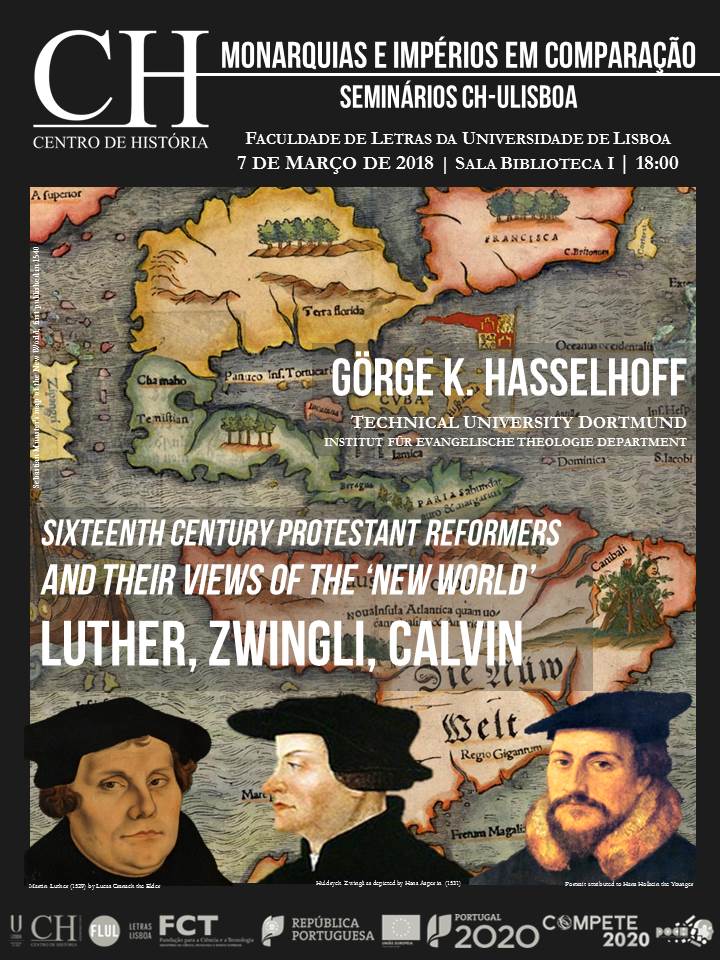
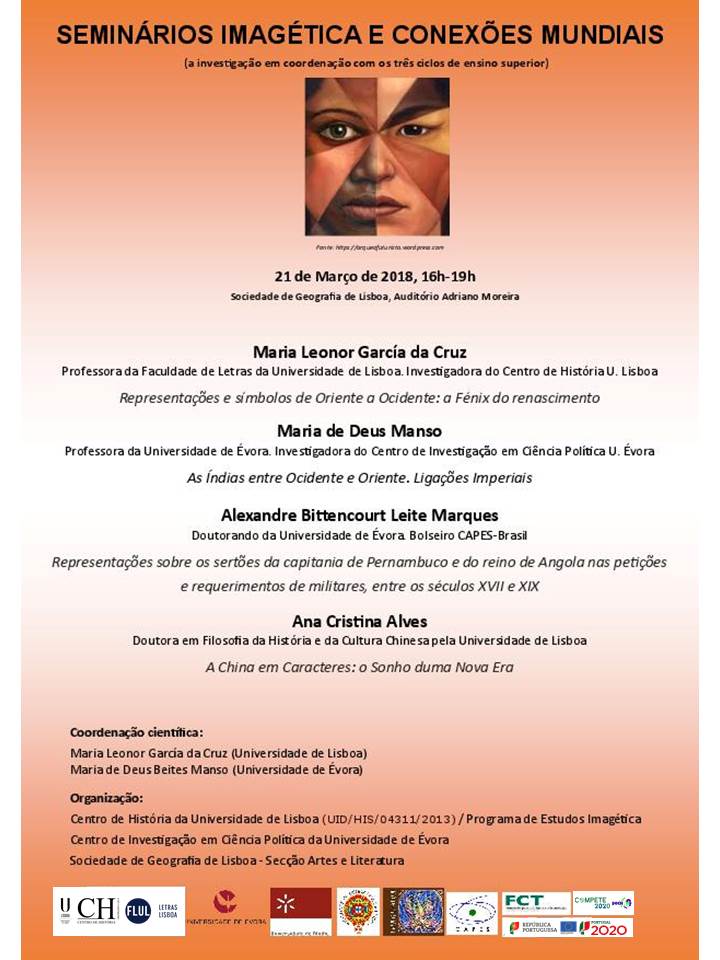
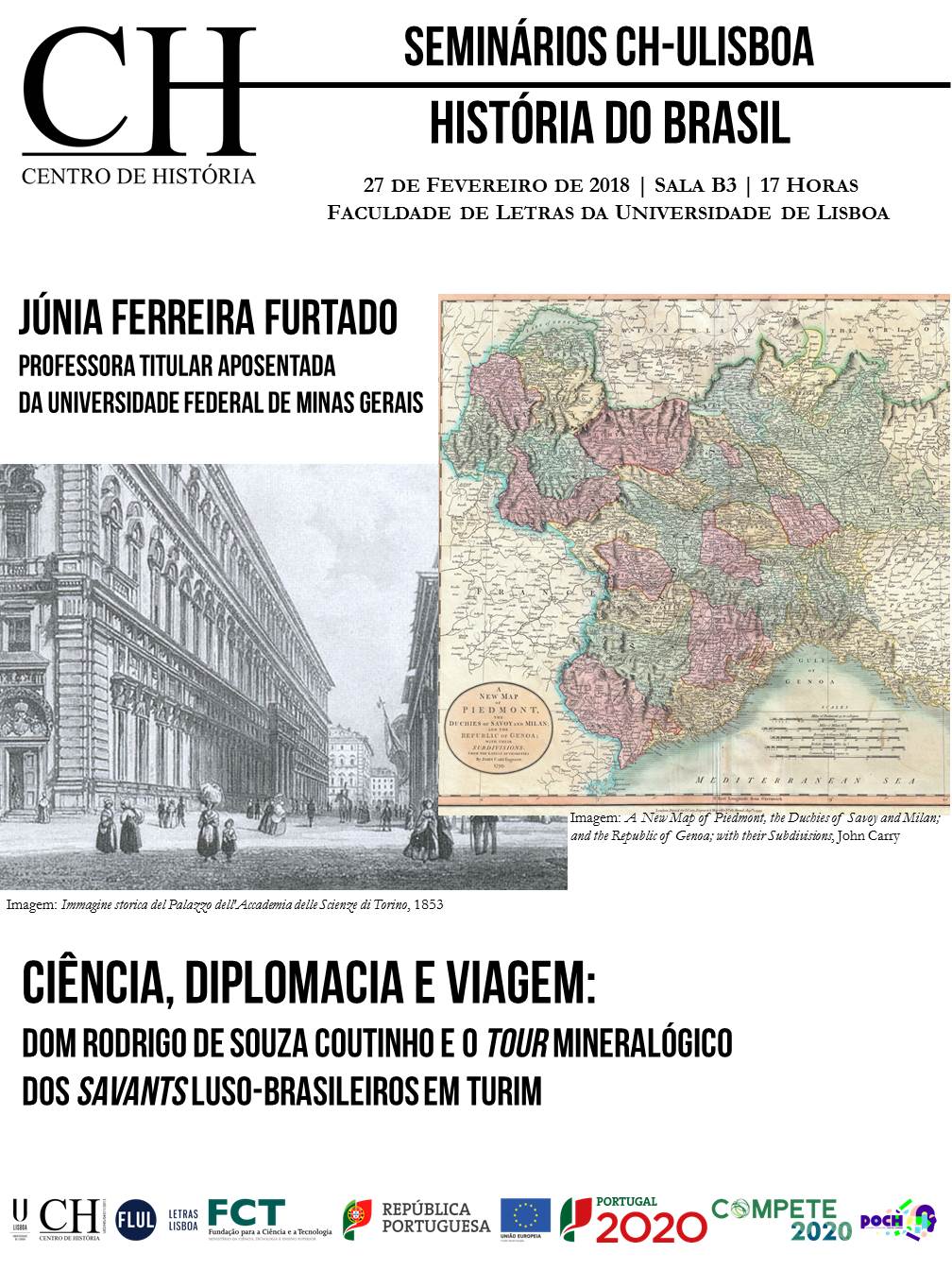
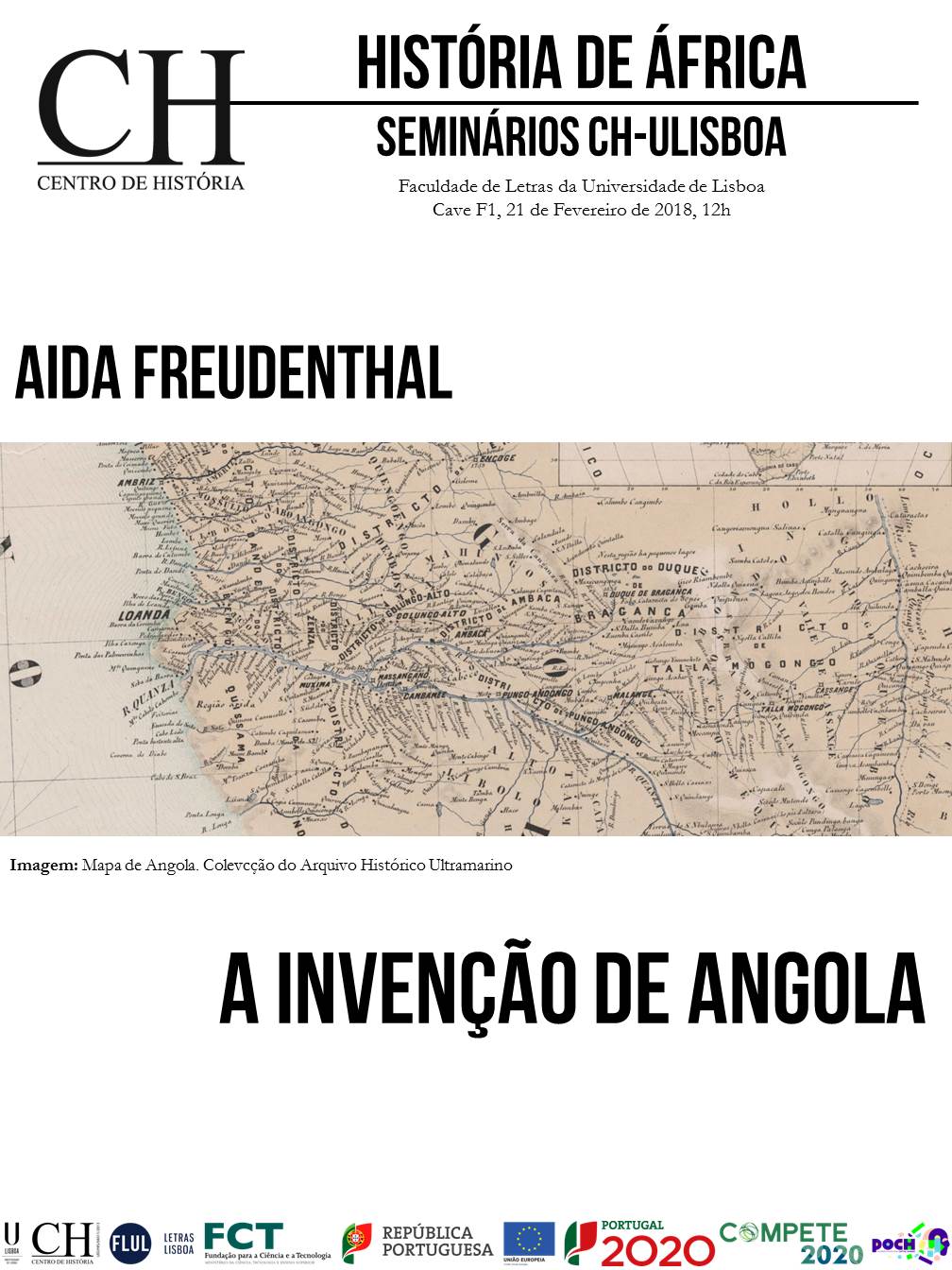
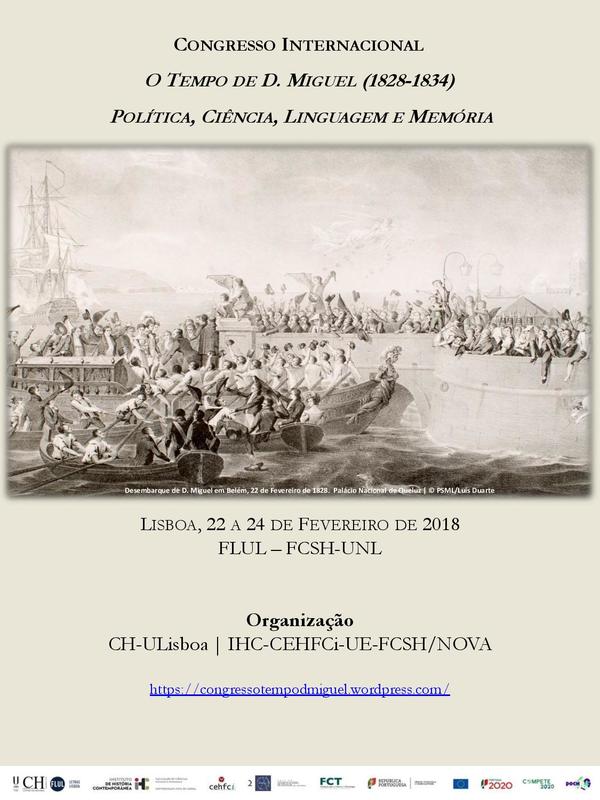
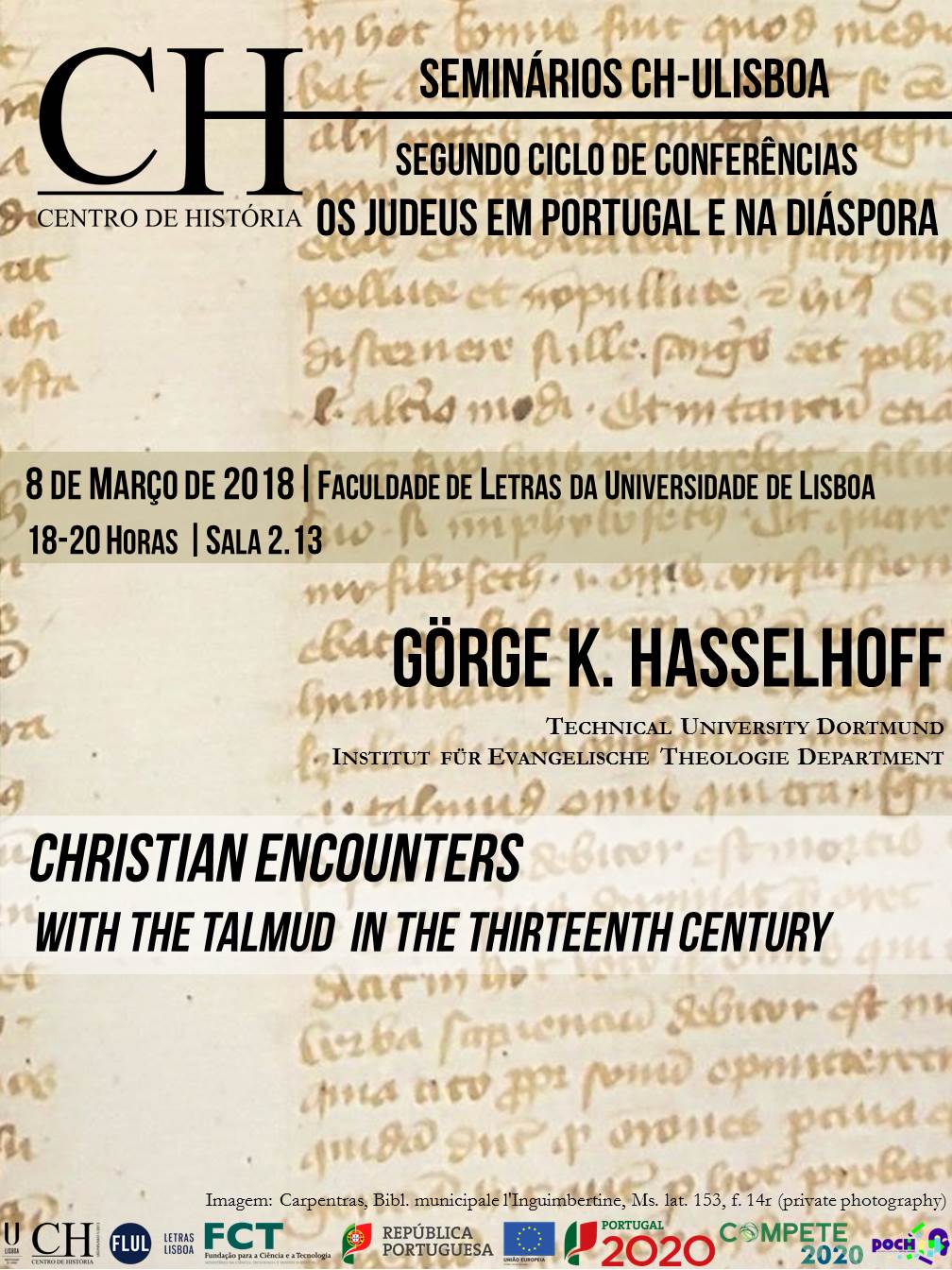
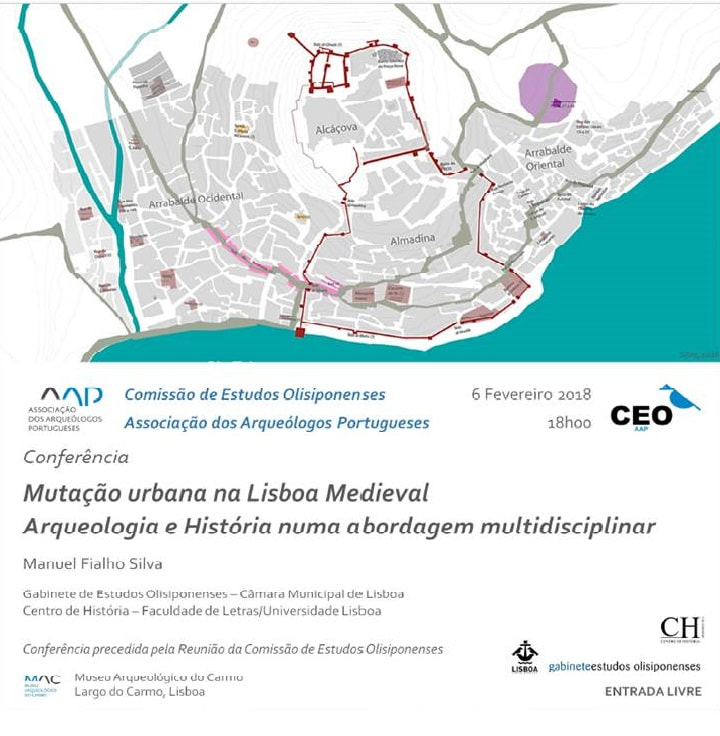
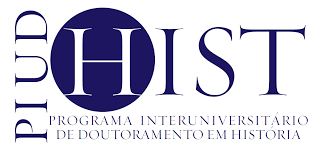
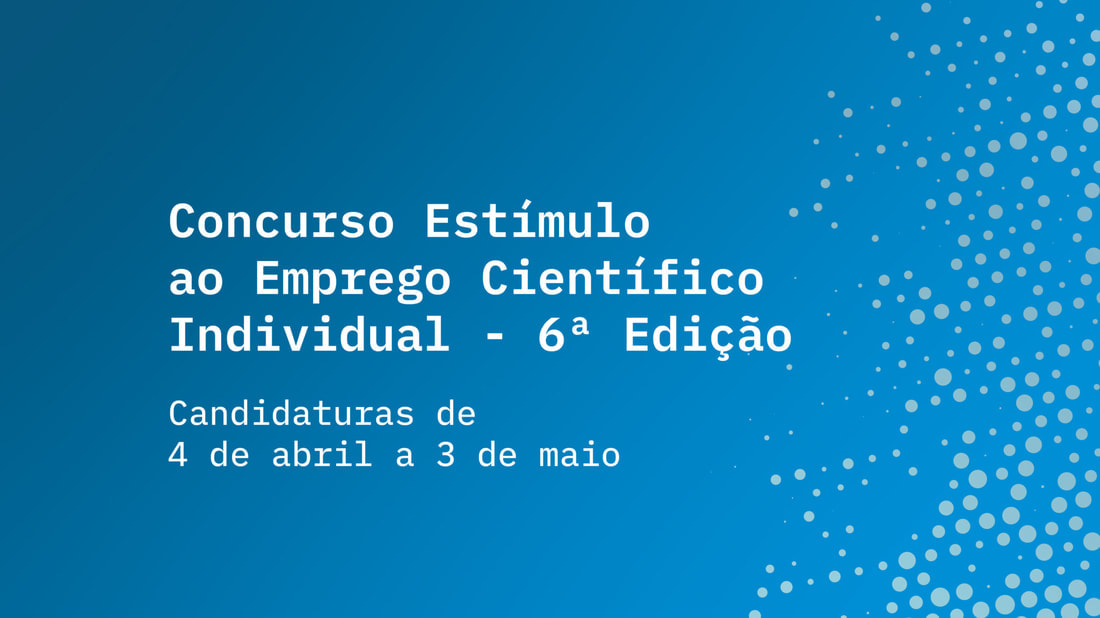
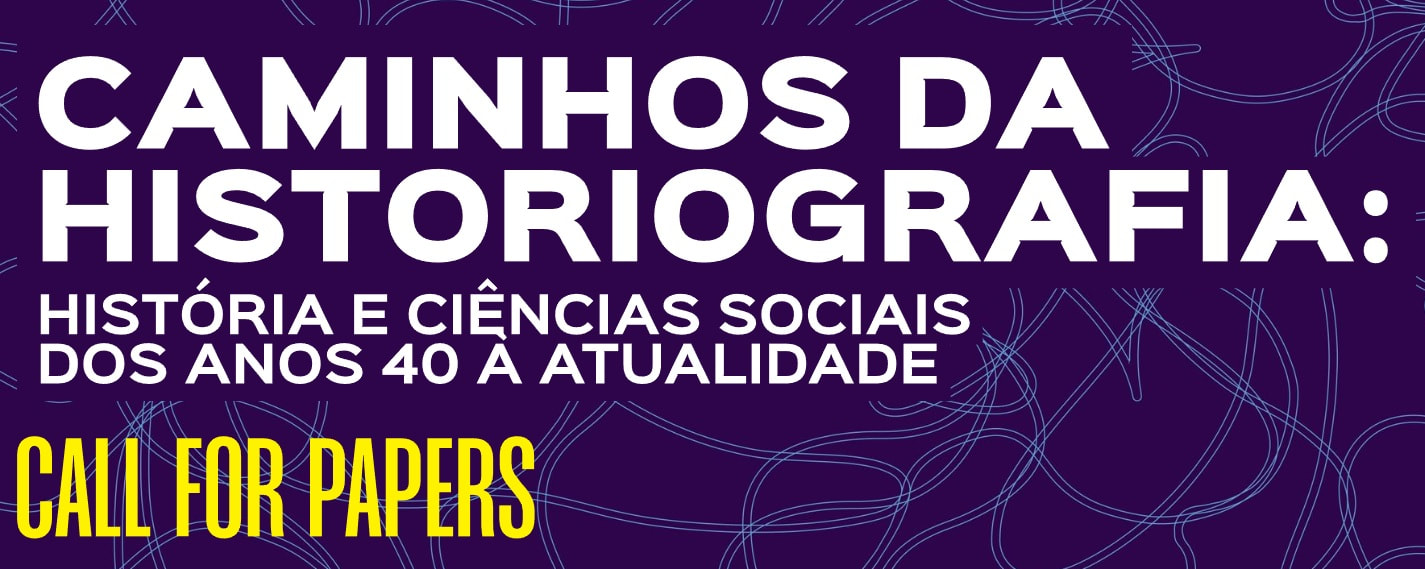
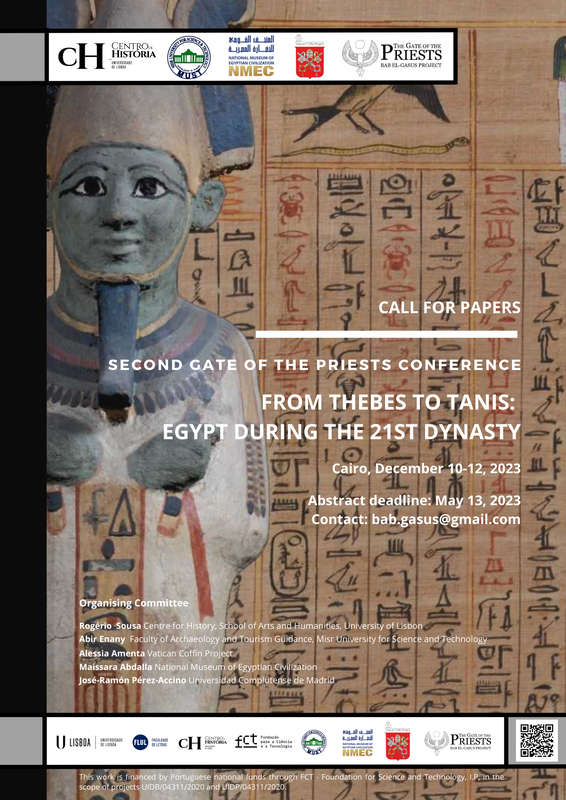
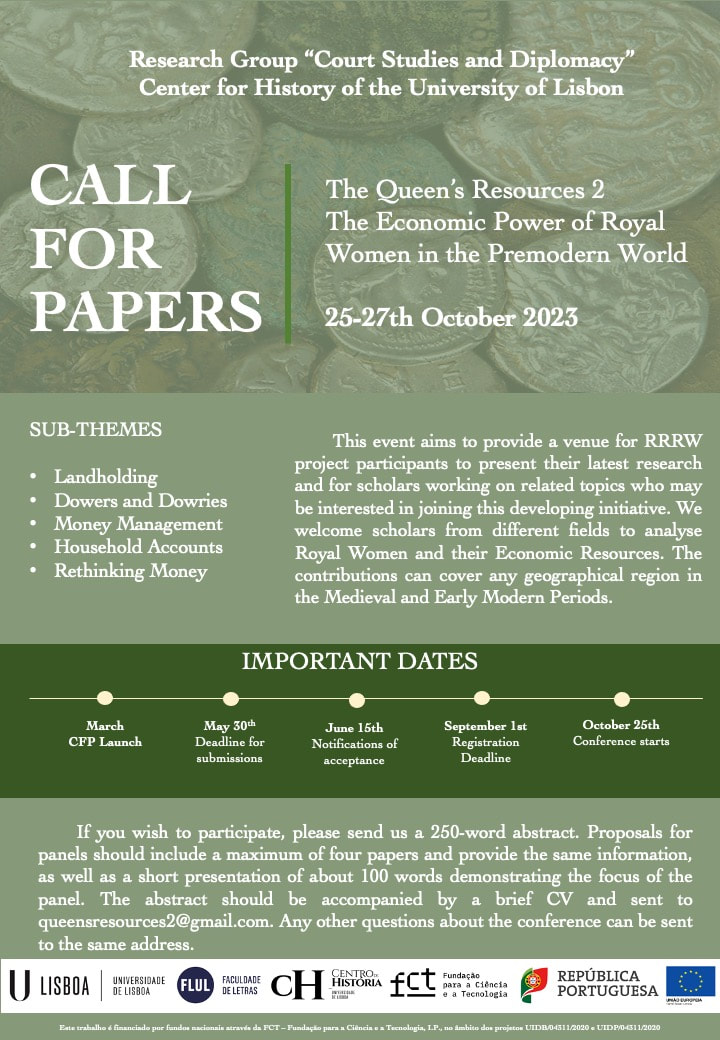
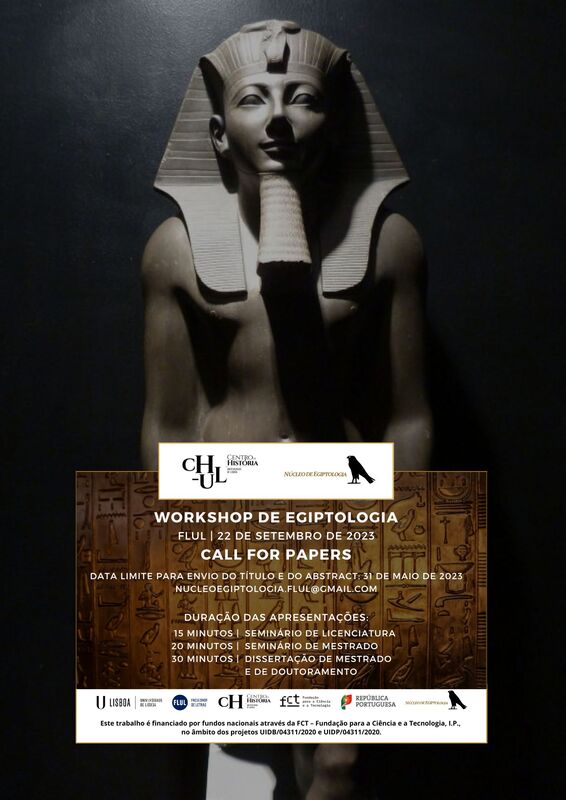
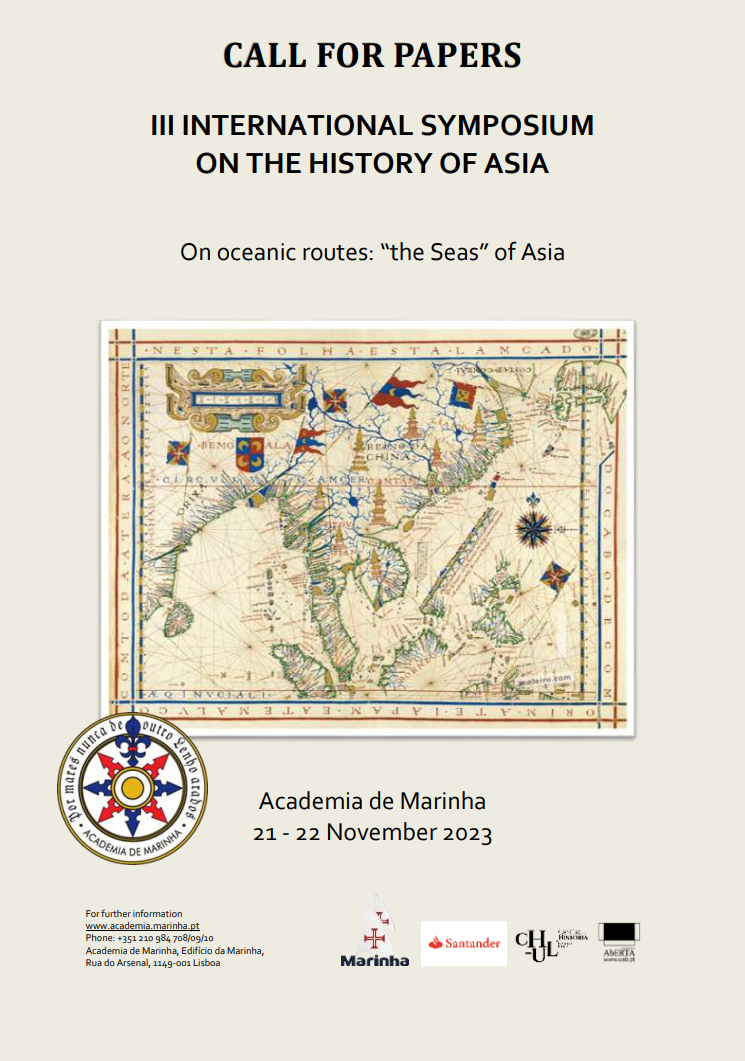
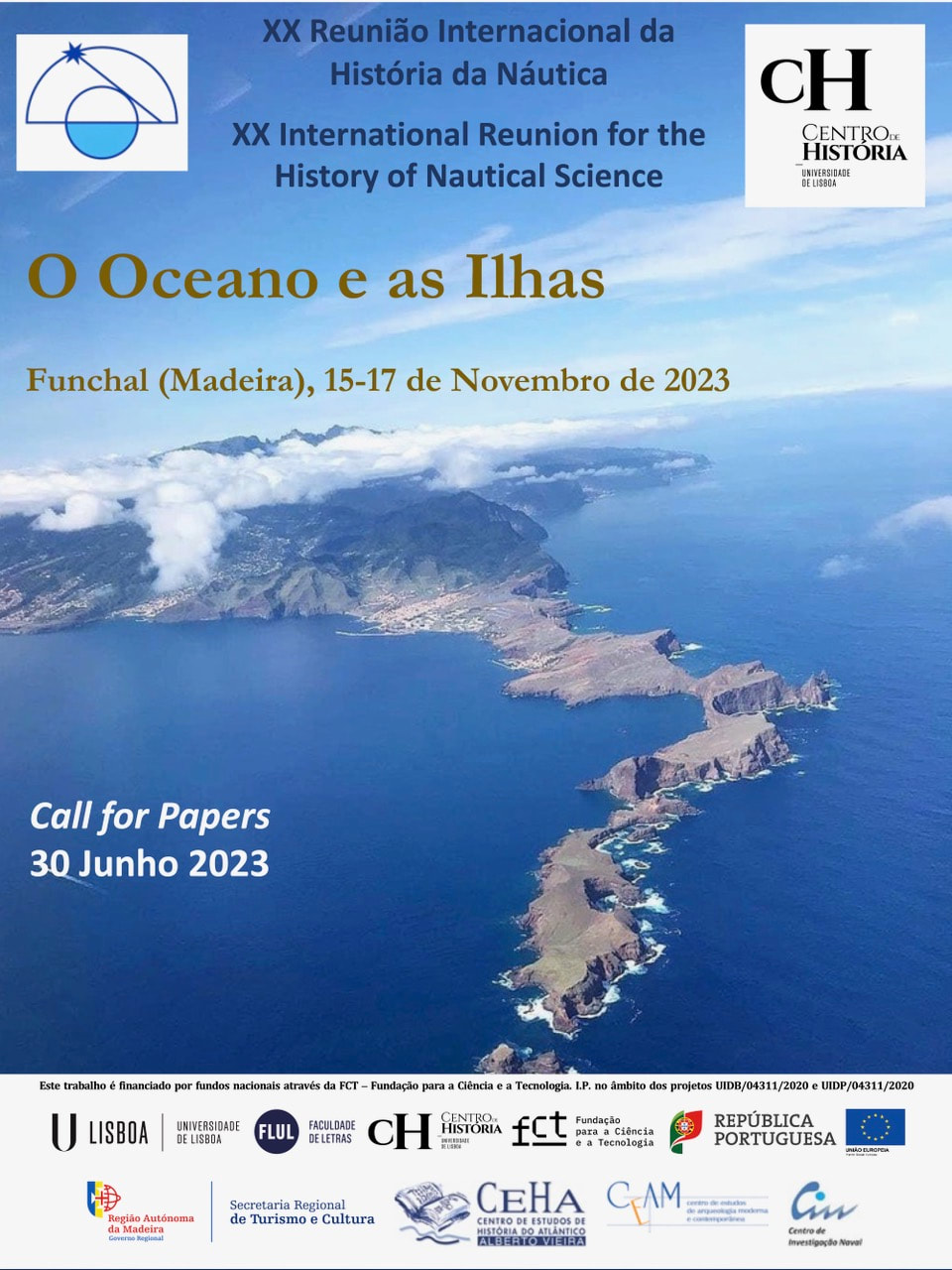
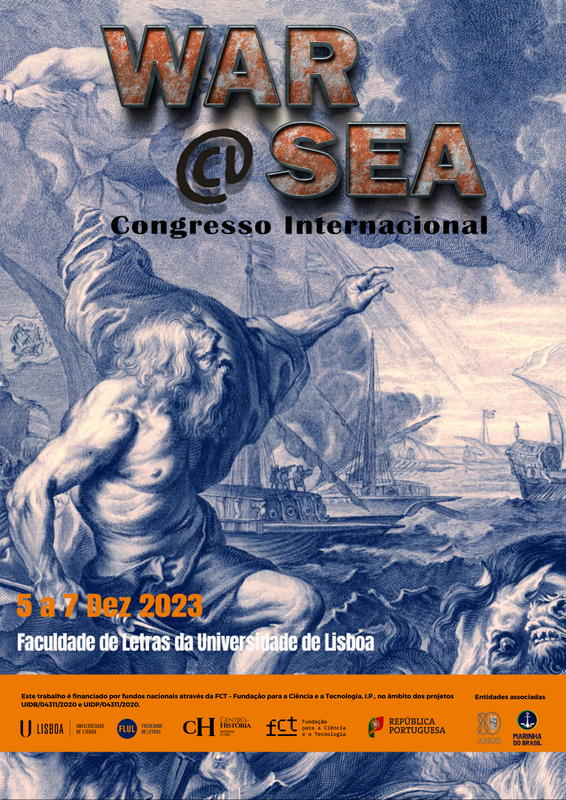
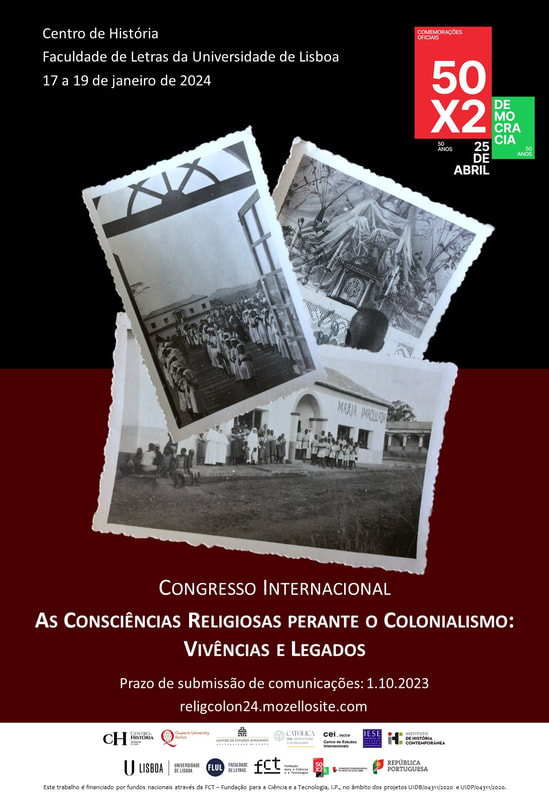
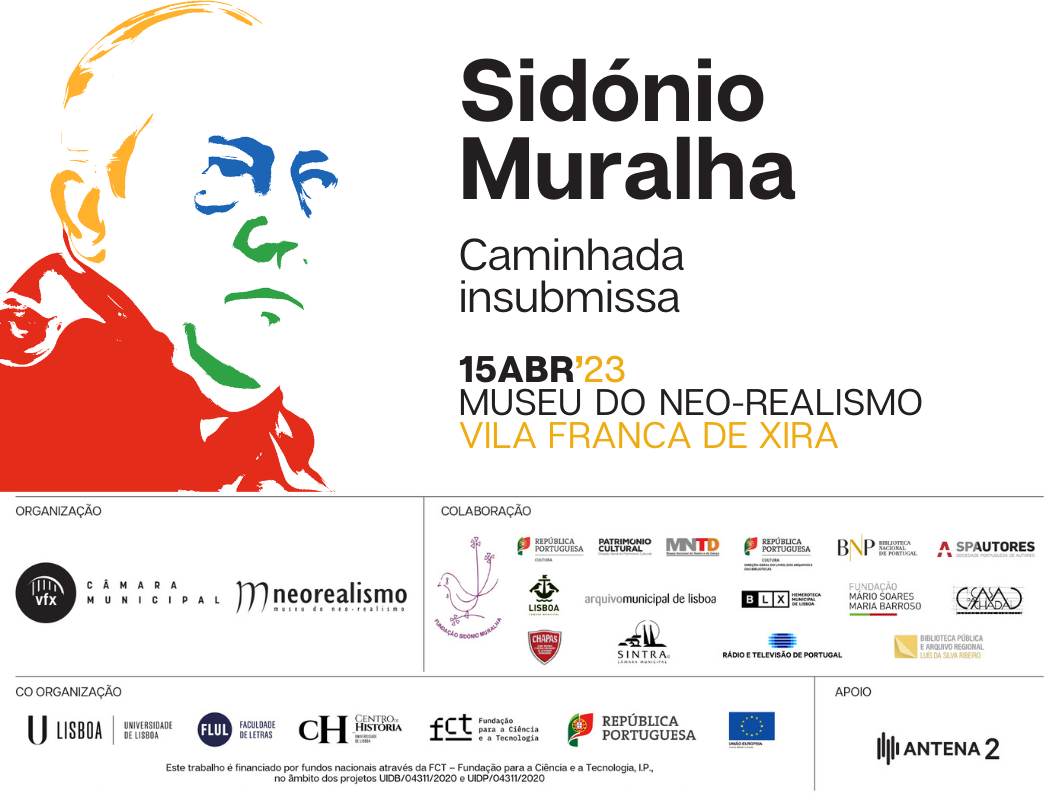
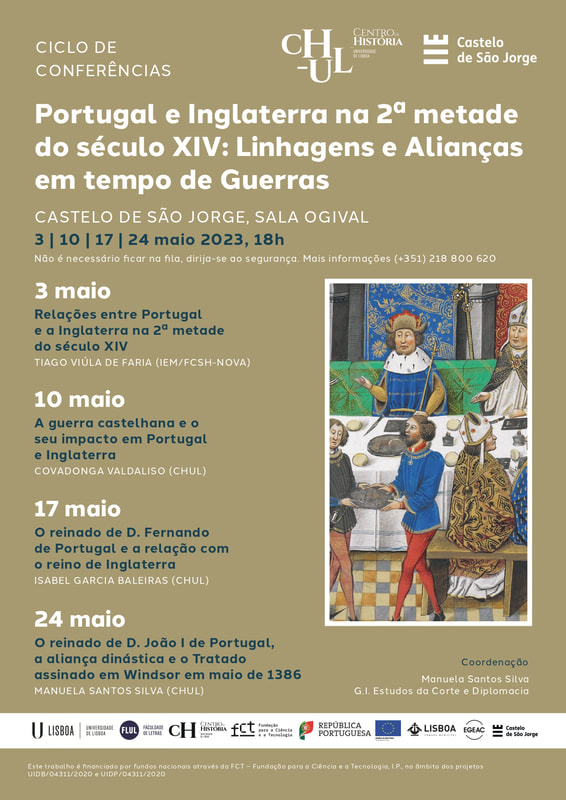
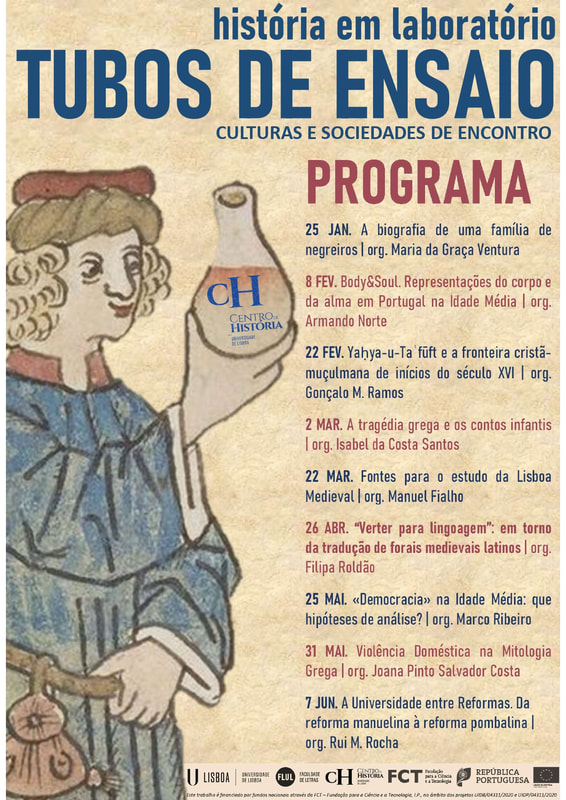
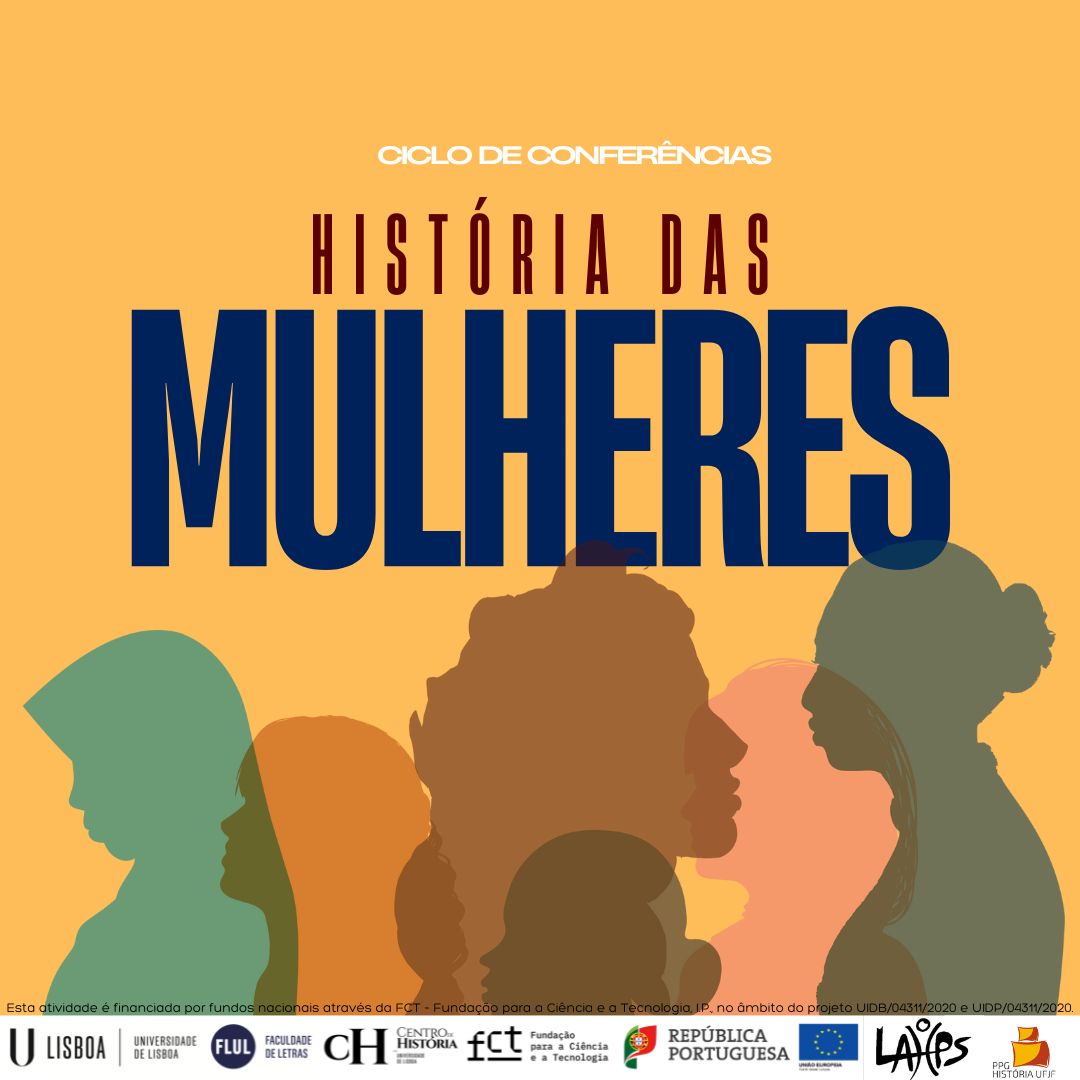
 Feed RSS
Feed RSS
